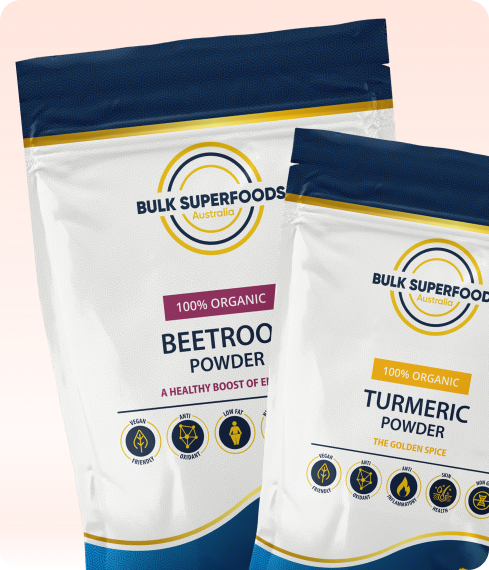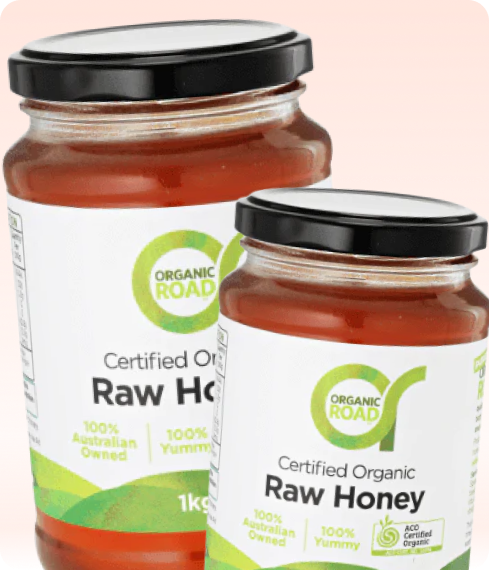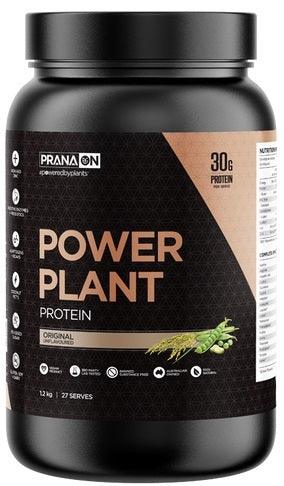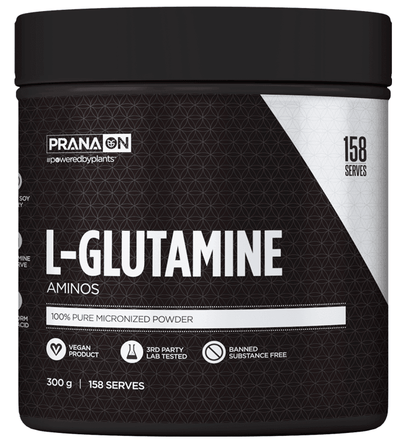Unveiling the Sweet Secrets of Ceylon Cinnamon: Benefits and Varieties

Cinnamon is not just a spice; it's a fragrant treasure trove of health benefits and culinary delights. Among its diverse varieties, Ceylon cinnamon stands out for its distinctive flavor and numerous health advantages. In this blog, we'll delve into the wonders of Ceylon cinnamon, exploring its benefits and highlighting the differences between various types of cinnamon.
Understanding Cinnamon: A Spice with History
Cinnamon has a rich history dating back thousands of years. Its usage spans ancient cultures, prized for its aromatic fragrance and medicinal properties. Derived from the inner bark of several tree species belonging to the genus Cinnamomum, cinnamon is renowned for its warm, sweet flavor and versatility in both sweet and savory dishes.
Types of Cinnamon: Cassia vs. Ceylon
Cinnamon primarily comes in two main varieties: Cassia and Ceylon. While both types share similarities, they also possess distinct characteristics that set them apart.
- Cassia Cinnamon: This variety, often referred to as Chinese cinnamon, is the most common type found in supermarkets worldwide. It originates from China and possesses a strong, spicy flavor with a darker hue. Cassia cinnamon is widely used in cooking and baking, adding warmth and depth to dishes.
- Ceylon Cinnamon: Also known as "true" cinnamon, Ceylon cinnamon hails from Sri Lanka (formerly known as Ceylon), Madagascar, and the Seychelles. It is revered for its delicate, slightly sweet flavor and light tan color. Ceylon cinnamon contains lower levels of coumarin, a compound that can be harmful in large doses, making it a safer option for regular consumption.
Health Benefits of Ceylon Cinnamon
Ceylon cinnamon is not just a culinary delight; it's also a powerhouse of health benefits. Here are some of its notable advantages:
1. Antioxidant Properties: Ceylon cinnamon is rich in antioxidants, which help combat oxidative stress and reduce the risk of chronic diseases.
2. Anti-Inflammatory Effects: Studies suggest that Ceylon cinnamon may possess anti-inflammatory properties, potentially reducing inflammation and related health issues.
3. Blood Sugar Regulation: Ceylon cinnamon may aid in regulating blood sugar levels by improving insulin sensitivity, making it beneficial for individuals with diabetes or insulin resistance.
4. Heart Health: Regular consumption of Ceylon cinnamon may support heart health by lowering cholesterol levels and reducing the risk of cardiovascular diseases.
5. Antimicrobial Properties: Ceylon cinnamon contains compounds that exhibit antimicrobial properties, helping to fight against bacteria, fungi, and viruses.
Incorporating Ceylon Cinnamon into Your Diet
Adding Ceylon cinnamon to your daily diet is a simple way to reap its numerous benefits. Here are some delicious ways to incorporate this aromatic spice into your meals:
- Sprinkle it on Oatmeal: Enhance your morning oatmeal with a sprinkle of Ceylon cinnamon for a warm and comforting flavor boost.
- Brew Cinnamon Tea: Steep Ceylon cinnamon sticks in hot water to create a soothing and fragrant cinnamon tea, perfect for relaxation and digestion.
- Infuse it in Baked Goods: Add Ceylon cinnamon to your favorite baked goods, such as cookies, cakes, and bread, for a hint of sweetness and warmth.
- Blend it in Smoothies: Boost the nutritional value of your smoothies by blending in a dash of Ceylon cinnamon, along with fruits and vegetables, for a flavorful and healthful beverage.
Ceylon cinnamon is not only a culinary delight but also a potent source of health benefits. Its distinct flavor, coupled with its numerous therapeutic properties, makes it a valuable addition to any kitchen pantry. Whether you sprinkle it on your morning toast or brew it into a comforting cup of tea, Ceylon cinnamon invites you to savor its sweet secrets and embrace its wellness-enhancing potential.





































